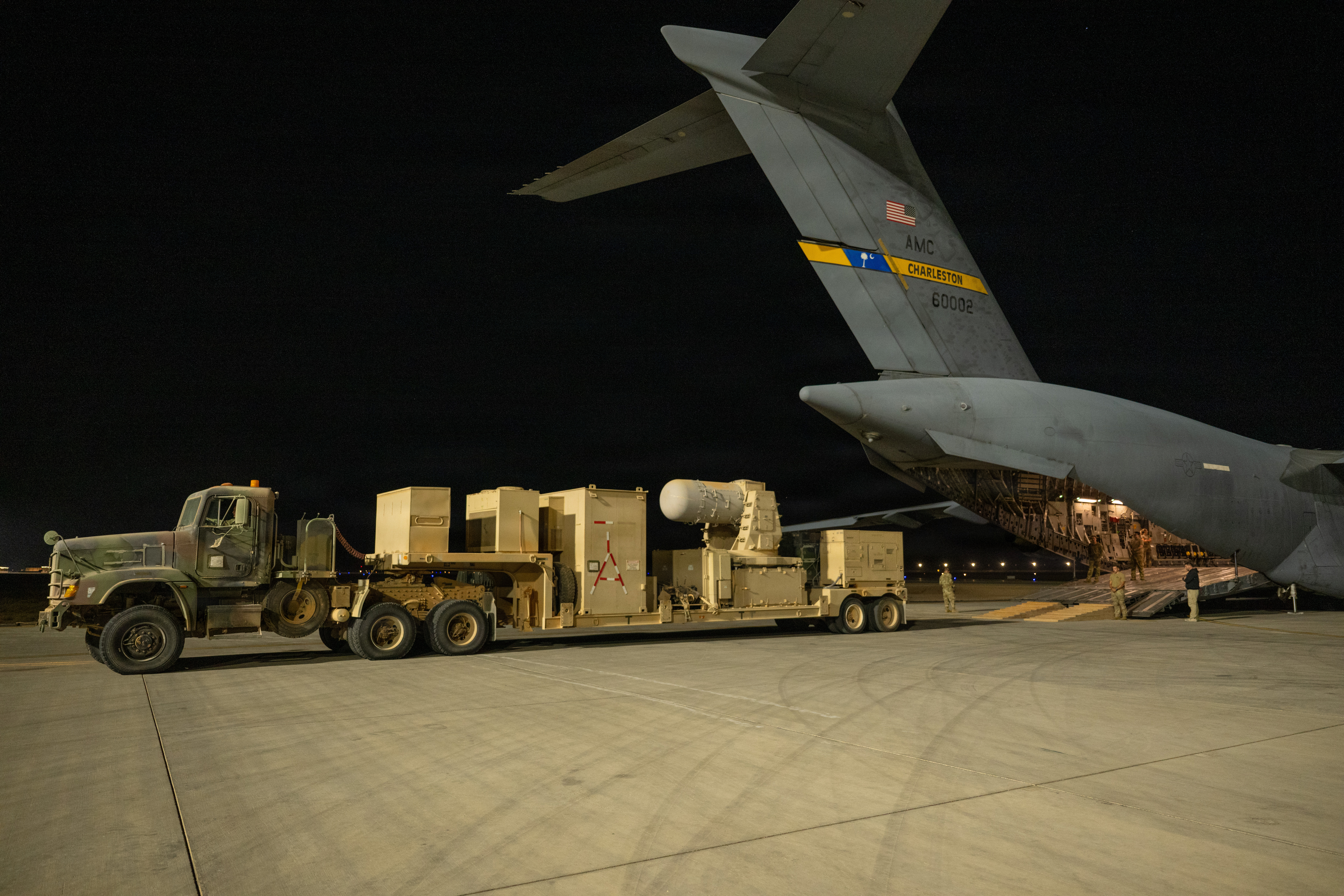Serving and Leading…Servant Leadership

How to be a good leader? It’s a recurring question with no clear answer. Leadership is an incredibly difficult topic to address in a book, let alone a Medium post. I want to address one crucial component of leadership that all great leaders do consistently: serve their subordinates.
“Servant leadership is different than slave leadership.”
I will not claim to own this statement because I read it somewhere during my personal professional development, but I will affirm it. Everything you do as a leader must be for the men and women in your formation. You work daily to lead them, which often requires you to serve their needs. Serving their needs is different than serving their wants: this is what differentiates servant leadership and slave leadership.
Leaders often flirt with the line between subordinates’ wants versus their needs. We find ourselves in a generation where the gap between officers and enlisted is narrower than it ever has been. This is neither good nor bad, just a reality many young 2LTs struggle with because often young officers fail to address a unit’s true needs. Servant leaders move mountains for the needs of their men and women because these leaders understand what is necessary to better the collective as a whole. Slave leaders let subordinates dictate the direction of the team, often causing harm to the collective. I look at Platoon (https://en.m.wikipedia.org/wiki/Platoon_(film)) as a great example of a slave leader rather than a servant leader. Lieutenant Wolfe constantly fails to stand up and address the needs within his unit, focusing instead on the wants of his senior NCO. Servant leaders understand how to build trust within the unit and accomplish the mission simultaneously.
Think about it like this: picture a time you’ve been a part of an organizational structure and looked up to someone. Not “looked up to” as in your life revolved around them, but looked up to them for guidance and professionalism. You sought them out whenever there was an issue. Sometimes their answer was not the one you wanted to hear, but the one you needed to hear. That is the individual you need to be to your soldiers. Their lives will not revolve around you, but your work needs to be about their lives. You are ultimately responsible for every Soldier, Sailor, Marine, Airman, or Coastie that you may have the privilege of leading during your time in service.
Yes, your NCOs are largely responsible for the individual soldier’s well-being; however, it is your responsibility to cultivate a platoon environment where soldiers feel comfortable bringing their personal problems to your chain of command. At the same time, good officers understand the well-being of the platoon must stand above any personal achievement. Trust me: if your soldiers know you genuinely care for them, they will move mountains to get the mission done.
How do you get all leaders in your organization to be servant leaders? Self-development is one thing; getting others to adapt these positive qualities to better the organization is another. There is no an easy way to get others to follow except to truly serve the men and women you have the privilege of leading. I saw a senior NCO once coach a couple of junior NCOs on differentiating what “Joe” wants versus what he needs. The line that stuck with me was “Joe wants anything he can’t have; but he needs consistency, toughness, and most importantly, to know that you have his back.” I thought long about that conversation, and the thing I was most proud of was how that NCO was serving the needs of those junior NCOs. He was giving them tools to make them better leaders.
Serving your team doesn’t have to mean running yourself into the ground. It means prioritizing to address the needs of the individuals within your formation. Some days that means letting your guys off early to spend time with their families; other times, it means you need to spend a few extra hours in the field in order to retrain your platoon on a particular collective task. Either way, you must serve your subordinates because if you don’t, who will?



